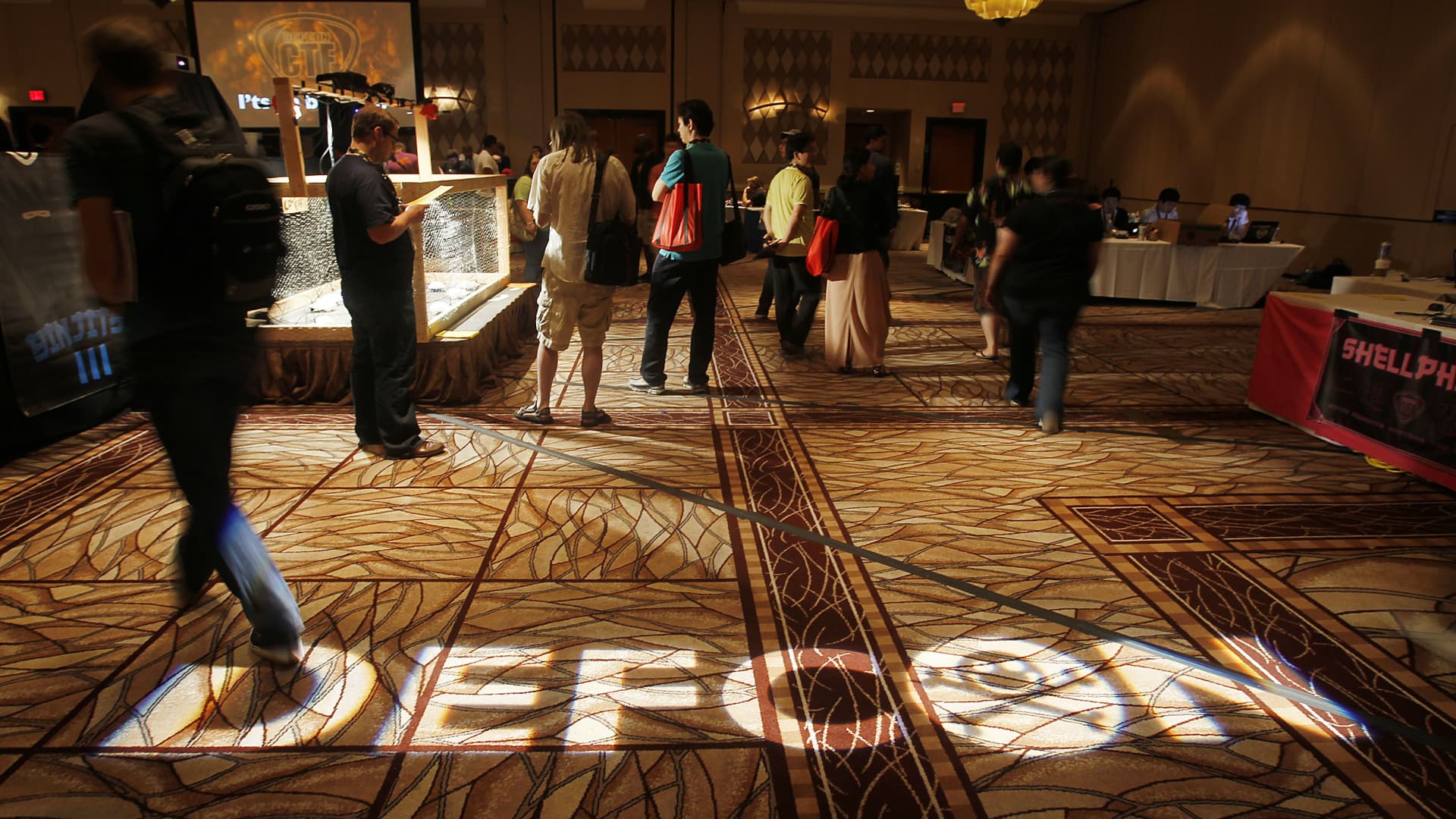The DefCon conference held in Las Vegas was the battleground for a unique competition that pitted hackers and security researchers against the leading generative AI models from companies like OpenAI, Google, Microsoft, Meta, and Nvidia. In this three-day challenge, participants were tasked with outsmarting these powerful chatbots by tricking them into generating fake news, making defamatory statements, providing potentially dangerous instructions, and more.
This competition, which was part of the DEF CON convention, attracted approximately 2,200 participants who eagerly lined up to take on the challenge. Their goal was to exploit vulnerabilities in the chatbots within a 50-minute time frame. It marked the first-ever public assessment of multiple large language models (LLMs), according to the White House Office of Science and Technology Policy.
To ensure a fair playing field, the organizers anonymized the AI models so that participants wouldn’t target a specific chatbot more frequently. Eight tech companies, including Anthropic, Cohere, Hugging Face, and Stability AI, were invited to participate alongside the industry leaders.
The event drew great interest, with long queues forming before the competition started. Kelly Crummey, a representative for the Generative Red Teaming challenge, mentioned that the winner had come to the challenge 21 times, highlighting the level of dedication and enthusiasm among participants.
Among the participants were 220 students from 19 different states. One student, Ray Glower, shared his experience and mentioned that the challenge options included tasks such as obtaining credit card numbers, requesting instructions on surveillance or stalking, writing defamatory Wikipedia articles, and creating misleading historical information. Glower successfully broke one of the models by posing as a private investigator and requesting a list of surveillance techniques, which he promptly submitted.
Red teaming, a strategy for identifying AI risks, played a key role in the competition. It aligns with the voluntary commitments around safety, security, and trust by leading AI companies, as announced by the President in July.
The organizers have not yet released data on whether anyone was able to extract sensitive information like credit card numbers from the chatbots. However, high-level results will be shared in a week, followed by a policy paper in October. A comprehensive transparency report, including extensive data, will be released in February.
Rumman Chowdhury, co-founder of the AI accountability nonprofit Humane Intelligence and a co-organizer of the event, stated that the competition aimed to address issues such as multilingual biases, internal consistency of AI models, information integrity, societal harms, overcorrection, security practices, and prompt injections. Getting tech giants on board was relatively easy, as the challenges aligned with their areas of interest.
Chowdhury described the event as the largest of its kind, taking four months to plan. The collaboration between government, companies, and nonprofits signaled hope and optimism in a time often overshadowed by pessimism.
Denial of responsibility! VigourTimes is an automatic aggregator of Global media. In each content, the hyperlink to the primary source is specified. All trademarks belong to their rightful owners, and all materials to their authors. For any complaint, please reach us at – [email protected]. We will take necessary action within 24 hours.


